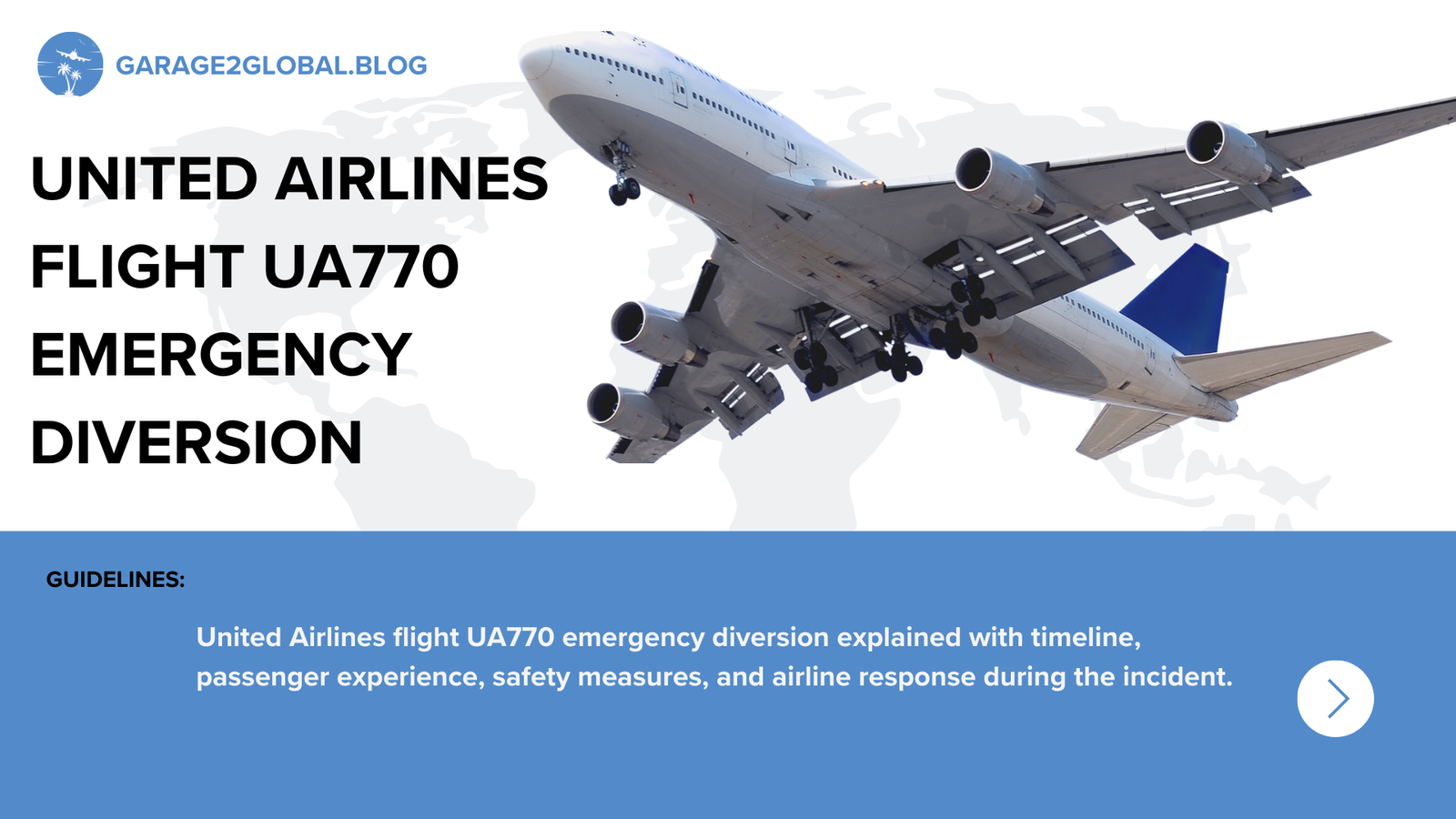Jacksonville Airport Confronts Flight Reductions
Air travel is a lifeline for modern cities, connecting communities to business opportunities, tourism, and cultural exchange. Jacksonville International Airport (JAX) has long been a vital hub for Florida’s northeastern region, offering residents and visitors convenient access to domestic and international destinations. However, in recent months, JAX has faced a wave of route discontinuities as airlines trim schedules and consolidate services. These reductions are reshaping how residents travel, raising concerns among business leaders, and forcing airport officials to rethink strategies for the future.
The discontinuation of several flights is not an isolated event but rather part of a national trend affecting mid-sized airports. Airlines are focusing on larger hubs to maximize profitability, often leaving smaller cities with fewer direct connections. For Jacksonville, this shift means travelers must increasingly rely on connecting flights, resulting in longer journeys and higher costs.
Why Airlines Are Cutting Jacksonville Routes
Rising Fuel and Operational Costs
One of the primary drivers behind the flight discontinuations at Jacksonville International Airport is the sharp increase in operational costs. Fuel prices have remained volatile, and airlines are forced to allocate resources carefully. Maintaining routes with lower passenger demand becomes less justifiable when costs rise. By cutting less profitable flights, airlines are attempting to stabilize financial performance and prioritize high-demand markets.
Passenger Demand Shifts Post-Pandemic
The COVID-19 pandemic permanently altered travel patterns. Business travel, once a major revenue driver for airlines, has not returned to pre-pandemic levels. Many companies now rely on virtual meetings, reducing the need for frequent corporate flights. Leisure travel, while strong, often concentrates on popular hubs and tourist-heavy destinations. Jacksonville, as a mid-tier city, has seen inconsistent demand, which has made certain routes vulnerable to cuts.
Strategic Network Consolidation
Airlines routinely reassess route networks to optimize efficiency. Jacksonville’s proximity to larger airports such as Orlando International (MCO) and Atlanta’s Hartsfield-Jackson (ATL) makes it easier for airlines to funnel passengers through major hubs instead of maintaining multiple smaller routes. This strategy benefits airlines but limits local connectivity for Jacksonville residents.
Impact on Jacksonville Travelers
Fewer Direct Flights
A major consequence of flight discontinuities is the reduction in nonstop routes. Travelers who once enjoyed nonstop flights to certain destinations now face layovers. For example, some Midwest and Northeast destinations that were previously available nonstop from Jacksonville now require connections through Atlanta or Charlotte. This change adds hours to travel time and increases inconvenience.
Increased Ticket Prices
With fewer flights available, supply decreases while demand remains steady. This imbalance often leads to higher ticket prices. Passengers booking last-minute flights or traveling during peak seasons may face significantly higher costs compared to previous years. Families planning vacations and business travelers alike are feeling the financial strain.
Dependence on Regional Alternatives
Some Jacksonville residents are choosing to drive to other airports such as Orlando International, Tampa International, or even Savannah/Hilton Head International for greater flight availability. While this provides more options, it also requires additional travel time and expenses, reducing the overall convenience of air travel for the region.
Economic Implications for Jacksonville
Tourism Industry at Risk
Jacksonville’s tourism sector relies heavily on accessibility. The city has positioned itself as an attractive destination for leisure travelers, conferences, and sporting events. Fewer direct flights could discourage event organizers and tourists from choosing Jacksonville over more accessible cities. Local hotels, restaurants, and attractions may experience declines in visitor numbers if connectivity continues to shrink.
Business and Corporate Travel Challenges
With strengths in banking, logistics, healthcare, and the military, Jacksonville maintains a well-rounded economic base. These industries depend on efficient air travel for meetings, conferences, and operations. Reduced routes mean longer travel times and higher expenses for businesses, potentially making Jacksonville less competitive in attracting new corporate investments.
Broader Local Economy Impact
Air service has a multiplier effect on local economies. Visitors bring spending power, supporting jobs in hospitality, retail, and transportation. When flights are cut, fewer visitors arrive, and economic opportunities diminish. Reduced air service may also affect the city’s ability to attract large-scale events, conventions, and international partnerships.
Jacksonville International Airport’s Response
Active Engagement with Airlines
Airport officials are not taking these flight cuts lightly. JAX leadership has been in active discussions with airline partners to highlight Jacksonville’s growth potential. The city’s population continues to expand, and regional tourism is on the rise. Officials hope these positive indicators will encourage airlines to reconsider discontinued routes and even introduce new ones in the future.
Investments in Modernization
Jacksonville International Airport has been investing in modernization projects, including terminal expansions, upgraded passenger facilities, and improved security checkpoints. These upgrades aim to create a more seamless travel experience, strengthening the airport’s appeal to both airlines and passengers. By investing in infrastructure, JAX positions itself as a forward-looking hub prepared for future demand.
Partnerships with Local Stakeholders
Airport authorities are collaborating with local tourism boards, businesses, and government officials to present a united front. By showcasing Jacksonville as a vibrant market with strong economic growth, stakeholders hope to convince airlines that the city deserves robust connectivity. This community-driven approach could play a key role in regaining lost flights.
National Context: Jacksonville Is Not Alone
Jacksonville’s flight discontinuations reflect a broader national trend. Across the United States, mid-sized airports are struggling to maintain routes as airlines consolidate services. Cities such as Memphis, Cincinnati, and Raleigh have faced similar challenges. The reality is that airlines prioritize efficiency, and unless passenger numbers justify direct flights, routes will remain vulnerable.
Industry experts suggest that this trend may persist until business travel fully rebounds or leisure travel diversifies beyond traditional hubs. Jacksonville, like other cities, must adapt to this changing landscape by strengthening its case for air service and focusing on sustainable passenger growth.
What Jacksonville Travelers Can Do
Book Flights Early
Given the limited flight choices, travelers are advised to secure their tickets early to ensure better availability and pricing. Early planning can help secure better fares and preferred schedules before seats sell out.
Explore Alternative Airports
While not ideal, nearby airports such as Orlando International (MCO) and Savannah/Hilton Head International (SAV) provide additional flight choices. Travelers willing to make the drive may find better schedules or cheaper fares.
Support Jacksonville Flights
Experts emphasize that demand drives airline decisions. When residents choose to fly out of JAX instead of alternative airports, they contribute to higher passenger numbers. Strong demand signals to airlines that Jacksonville deserves expanded service.
Remain Flexible with Travel Plans
Flexibility is key in the current environment. Travelers willing to adjust travel dates or accept connections may find more affordable options and avoid frustration with limited schedules.
Looking Ahead: The Future of Air Travel in Jacksonville
Potential Route Restorations
Although the current outlook is challenging, there is potential for improvement. As Jacksonville’s population grows and tourism continues to expand, airlines may see renewed opportunities to restore discontinued routes. Economic recovery and increased leisure demand could make JAX more attractive to carriers in the near future.
Emerging Opportunities
Situated in a rapidly expanding part of Florida, Jacksonville enjoys a strategic advantage. The city’s economic diversity, military presence, and expanding business sector provide a strong foundation for long-term growth. With continued infrastructure investment and community advocacy, JAX may secure new routes that align with evolving travel patterns.
Optimism from Airport Officials
Despite the current wave of discontinuities, airport leaders remain optimistic. In public statements, officials have emphasized their commitment to restoring connectivity and ensuring that Jacksonville remains a competitive destination for airlines and travelers alike.
Conclusion
Airlines cutting routes at Jacksonville International Airport has created immediate challenges for travelers, businesses, and the local economy. Longer travel times, higher costs, and fewer direct flights have disrupted convenience for many residents. However, this issue extends beyond Jacksonville, as mid-sized airports nationwide face similar struggles.
The future of Jacksonville’s air travel will depend on continued investments, strong community support, and the ability to demonstrate consistent passenger demand. While the road ahead may be difficult, there is optimism that with growth, strategic planning, and collaboration, Jacksonville can regain lost routes and strengthen its position in the national air travel network.
FAQs
Why are airlines discontinuing flights from Jacksonville International Airport?
Airlines are cutting flights from Jacksonville due to rising fuel costs, shifts in passenger demand, and a focus on larger hub airports. These changes help carriers maximize profitability but reduce options for mid-sized markets like Jacksonville.
Which destinations have been most affected by the flight cuts?
Many smaller and mid-market routes, particularly to the Midwest and Northeast, have been discontinued. Major hubs such as Atlanta, Charlotte, and Dallas remain active, but travelers now face more connections for certain destinations.
How do the flight discontinuations affect ticket prices for Jacksonville travelers?
With fewer flights available, ticket prices often rise due to higher competition for limited seats. Passengers booking last-minute trips or traveling during peak times may see significant price increases compared to previous years.
What is Jacksonville International Airport doing to restore routes?
JAX officials are actively working with airlines, investing in airport upgrades, and partnering with local tourism and business leaders to highlight the city’s growth potential. Their goal is to restore lost routes and attract new services.
What can travelers do to cope with fewer flight options at JAX?
Travelers are encouraged to book flights early, remain flexible with travel dates, and consider nearby airports like Orlando International or Savannah for more options. Supporting local flights from JAX also helps demonstrate demand to airlines.




